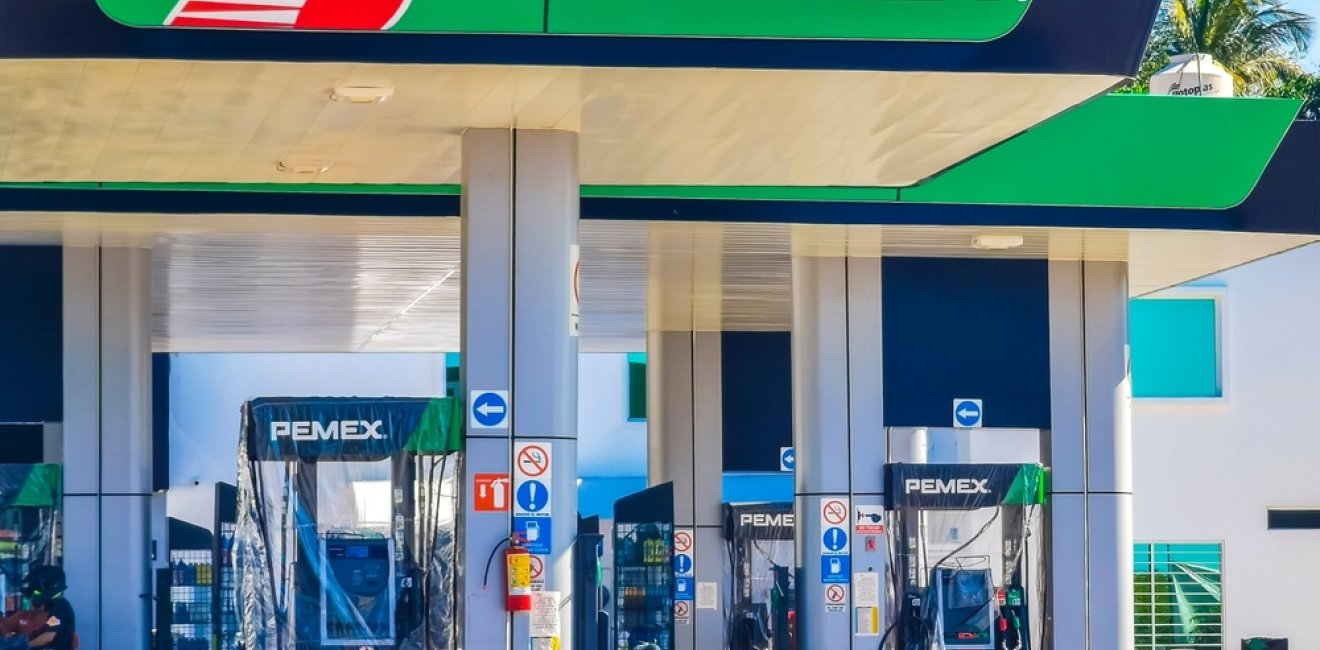If president-elect Claudia Sheinbaum sticks to the proposals and promises laid out in her campaign platform, “100 Steps Toward Transformation,”* the next six years of her presidential term promise to be an improvement for Mexico’s energy sector and the country's climate change abatement strategies.
Sheinbaum never misses the opportunity to laud her mentor, Andrés Manuel López Obrador (AMLO) but her vocabulary when it comes to energy is much different than his, starting with the term “energy transition,” a two-word combination that rarely, if ever, passed through his lips. While it is too early to celebrate a more rational energy and climate policy, there are reasons to be cautiously hopeful.
Why is embracing the energy transition important for Mexico? First of all, because the country has fallen behind, a fact that negatively affects the country’s competitiveness. AMLO had a hydrocarbon-centric policy that meant investing billions of dollars in an oil refinery, pulling back on private sector participation in the energy sector when funds are in dire need, complicating the scenario for renewables, and basically ignoring climate change. Mexico did make several commitments at COPs but didn’t take meaningful steps to implement them.
If Mexico wants to take advantage of investments coming from Asia to be closer to key markets (aka nearshoring), more must be done to improve energy competitiveness, which must include both energy efficiency and the development of renewables. Company boards making decisions about new factory locations must also ensure that they can meet emission reduction targets, thus making access to clean energy fundamental.
A key component of this strategy - and one that Sheinbaum did mention during her campaign - is the reduction of methane emissions from the oil and gas industry. Mexico is the 13th largest methane emitter globally and ranks third in Latin America. The country signed the Global Methane Pledge in the context of COP26. In November 20222, a methane emissions reduction cooperation agreement between the US Environmental Protection Agency (EPA) and Pemex was announced. What came of this? Not much, or at least nothing that has been publicly explained.
Under AMLO, Pemex was tasked with extracting oil, full stop. Sustainability and methane emission reductions were not on the state-owned company’s list of priorities. Now, both the reorganization and refocusing of Pemex are two key tasks that Sheinbaum’s government will have to tackle. Doing so is not only critical to the incoming government’s stated desire for energy sovereignty, but it is also a pragmatic necessity for Pemex to continue servicing its debt. Most financial institutions can no longer offer financing to a company with the dismal environmental record for which Pemex is famous.
Why is methane such an important element of energy efficiency and sustainability in Mexico? Because methane is essentially natural gas. Therefore, letting it escape into the atmosphere or burning the excess emitted during the oil extraction process is foolish, particularly for a country that needs to both increase its energy supply and start using lower carbon footprint energy; here I am talking about “cleaner” oil and gas, not renewable energy.
The good news is that achieving greater energy efficiency and ensuring compliance with Mexico’s international climate commitments are not insurmountable tasks, at least not from a technical point of view. So what stands in the way? Mostly bureaucracy and outdated thinking. Solving these challenges should not be political, but rather scientific and technical.
The technology required to capture methane emissions is readily available and is cost-effective. The International Energy Agency (IEA) asserts that around 40% of today’s methane emissions from fossil fuels could be avoided at no net cost.**
In the case of Mexico, if Pemex captures methane emissions, this natural gas can be reused for its own operations, or transported where energy is needed elsewhere. If Pemex is cash-strapped, how can it pay for new technology? There are both international financial institutions and private lenders that have expressed interest in ensuring that these strategies move forward.
Sheinbaum is someone who embraces science and practical solutions. Let us hope that her incoming energy team will seize upon methane emission reductions as a tangible opportunity to protect the environment, improve Mexico’s energy security, and allow the country to attract investments that encourage shared well-being and prosperity. It is worth remembering that nature acknowledges no borders; if we are going to tackle climate change, international cooperation is absolutely vital.
* 100 Steps toward Transformation - "The challenge is to accelerate the energy transition, ensuring at all times that there is no energy shortage and that prices are affordable. The transition will make it possible to make development more sustainable, meet national clean energy goals, mitigate and address climate change, and honor Mexico's international commitments." (100 Pasos para la Transformación, Claudia Sheinbaum, pg. 276)
** "Methane abatement in the fossil fuel industry is one of the most pragmatic and lowest cost options to reduce greenhouse gas emissions. The technologies and measures to prevent emissions are well known and have already been deployed successfully around the world. Around 40% of the 120 Mt of methane emissions from fossil fuels could be avoided at no net cost, based on average energy prices in 2023. This is because the required outlays for abatement measures are less than the market value of the additional methane gas captured and sold or used." IEA (2024)
Author


Mexico Institute
The Mexico Institute seeks to improve understanding, communication, and cooperation between Mexico and the United States by promoting original research, encouraging public discussion, and proposing policy options for enhancing the bilateral relationship. A binational Advisory Board, chaired by Luis Téllez and Earl Anthony Wayne, oversees the work of the Mexico Institute. Read more

Explore More
Browse Insights & Analysis
Greenland’s New Governing Coalition Signals Consensus

The Future of France's Far-Right Party

Ukrainian Issue in Polish Elections

